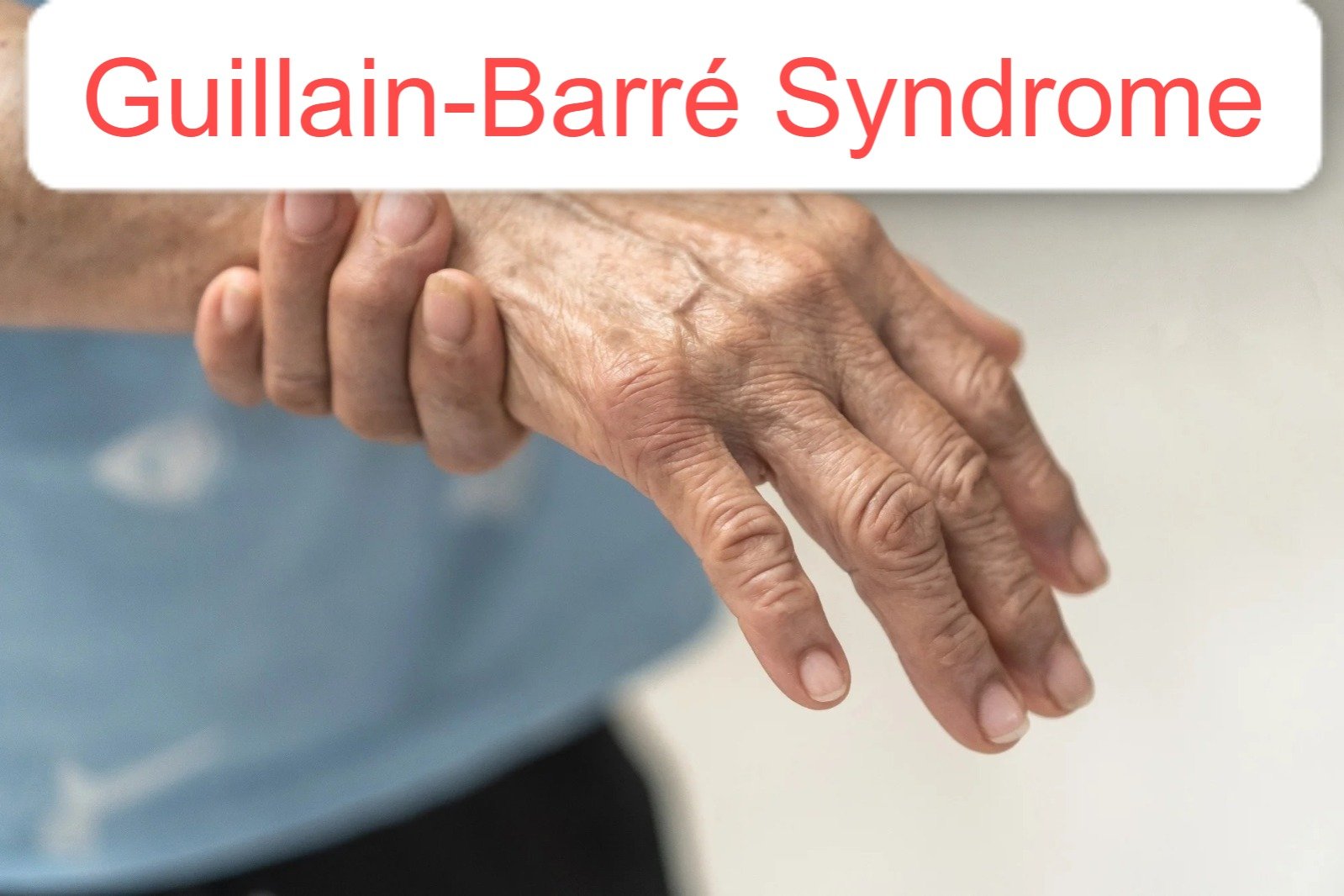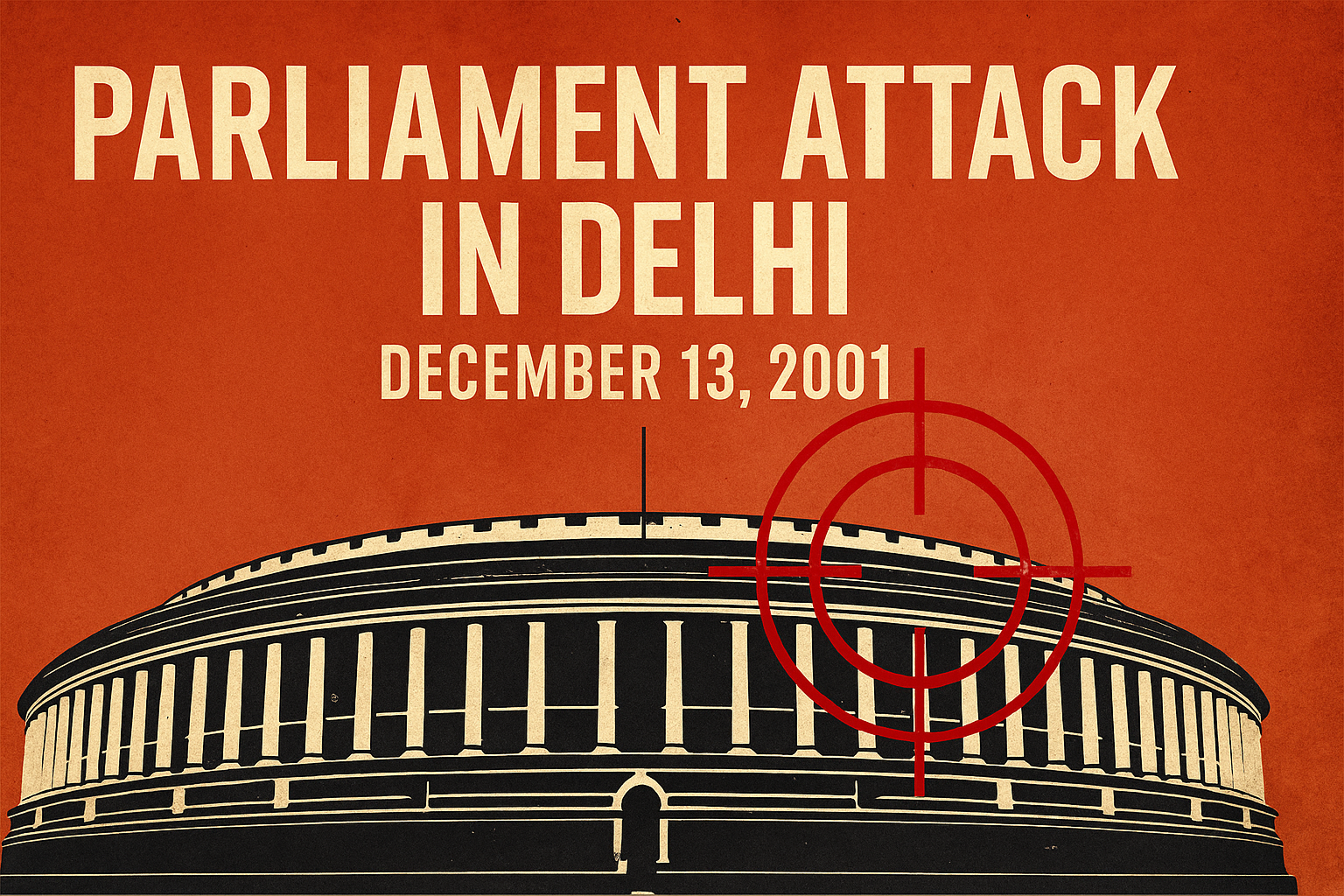Guillain-Barré Syndrome (GBS) has recently been thrust into the spotlight after a tragic death and over 100 confirmed cases in Pune, India. This alarming outbreak, with 68 males and 33 females affected, has raised questions about what’s causing this spike and how to manage this serious neurological disorder.
According to experts, GBS is a life-threatening condition for about 5 out of every 100 diagnosed patients. But what exactly is Guillain-Barré Syndrome, and why has it become a major concern in Pune? Let’s dive deeper into the details.
A Fatal Case That Caught Attention
The case that brought Guillain-Barré Syndrome into focus involved a patient admitted on January 18. He initially showed symptoms of cold, cough, and difficulty breathing. While his condition improved temporarily and he was moved out of the ICU, he later suffered severe breathing difficulties and paralysis, which ultimately led to his passing.
Preliminary reports confirmed the cause of death as GBS, as stated by the Dean of Government Medical College in Solapur.
Is the Outbreak Linked to Food and Water Contamination?
Experts suggest that the outbreak may be connected to gastrointestinal infections caused by pathogens such as C. jejuni (a bacterium associated with GBS) and norovirus, both of which are known to trigger post-infection neurological complications.
Dr. Anurag Agrawal, former director of the Institute of Genomics and Integrative Biology, stated that poor sanitation and contaminated food or water could be key culprits. “This reinforces the importance of better sanitation and safe water and food,” he emphasized.
What Is Guillain-Barré Syndrome?
GBS is an autoimmune disorder where the immune system mistakenly attacks the body’s peripheral nerves. Think of it like your body’s defense system going rogue and targeting its own wiring. This can disrupt the communication between your brain and muscles, leading to weakness, numbness, or even paralysis.
While the exact trigger isn’t always clear, infections such as colds, flu, or diarrhea often precede GBS symptoms by 4 to 6 weeks.
Recognizing GBS Symptoms
The first signs of Guillain-Barré Syndrome usually include weakness and tingling in the hands and feet. These symptoms can rapidly spread to other parts of the body, leading to paralysis in severe cases.
Key symptoms to watch out for:
- Tingling or weakness starting in the extremities.
- Difficulty walking or maintaining balance.
- Muscle weakness that worsens over time.
- Trouble breathing in advanced cases.
This condition is considered a medical emergency. Most patients require hospitalization, with treatment focused on stabilizing the condition.
How Does GBS Affect the Body?
According to Dr. Sanjay Pandey, head of neurology at Amrita Hospital, GBS occurs when the immune system attacks the myelin sheath—the protective layer around nerves. This is similar to stripping the insulation off electrical wires, causing the signals from the brain to either slow down or stop completely.
Without these signals, muscles can’t function properly, leading to weakness, loss of reflexes, or even breathing difficulties in severe cases.

Who Is Most at Risk?
While Guillain-Barré Syndrome can affect anyone, it is more commonly seen in adults, particularly men. Although rare, its effects can be severe, with a mortality rate of about 5%.
Treatment Options for Guillain-Barré Syndrome
Treatment typically involves:
- Immunoglobulin Therapy – Helps reduce the immune system’s attack on nerves.
- Plasma Exchange (Plasmapheresis) – Removes harmful antibodies from the bloodstream.
- Ventilator Support – For patients with breathing difficulties.
Recovery from GBS varies. While most patients regain full strength, it can take weeks to months, and some may experience long-term complications.
Preventing Guillain-Barré Syndrome: The Importance of Hygiene
Dr. Anurag Agrawal and other experts stress the need for better sanitation and access to clean water. Contaminated food and water often carry pathogens that increase the risk of infections linked to GBS.
Simple preventive measures include:
- Ensuring access to safe drinking water.
- Maintaining proper hygiene while preparing food.
- Practicing good hand hygiene.
A Mystery Yet to Be Solved
The exact cause of Guillain-Barré Syndrome remains elusive, and its link to infections adds another layer of complexity. As researchers continue to investigate, the recent outbreak in Pune serves as a reminder of the importance of public health measures.
The Road to Recovery
Although Guillain-Barré Syndrome is life-threatening in some cases, most people recover fully with prompt treatment. However, the road to recovery can be long, requiring physical therapy and regular monitoring.
Check Out Other Stories: Best 10 breaking news today
Conclusion
The recent outbreak of Guillain-Barré Syndrome in Pune highlights the need for vigilance, better sanitation, and prompt medical care. While the condition is rare, its impact can be devastating. By focusing on hygiene and timely intervention, we can reduce the risk and ensure better outcomes for those affected.
Stay informed, prioritize cleanliness, and seek immediate medical attention if you or someone you know shows symptoms of GBS.
Other Popular Blog Post:
Tata Tiago Accessories | Republic Day |
Explore other popular Posts:
Blog | News | Entertainment | Education | Sports |
Technology | Cryptocurrency | Stock | Home | Sitemap





